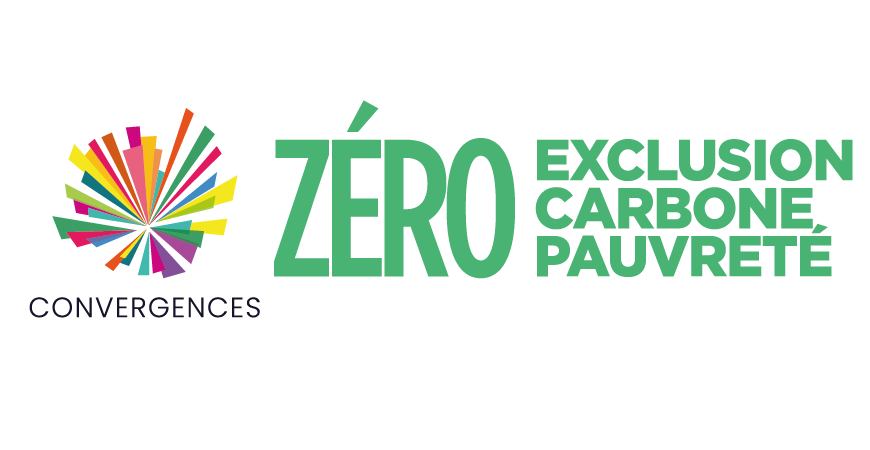Civic technologies, various forms (consultations, participatory budgets, petitions) each with its advantages (accessibility and intuitiveness of interfaces, transparency of results, data anonymisation), meet the same objective: to mobilise citizens so that they appropriate the common interest and become changemakers.
In an environment of mistrust, marked by the citizen’s disengagement from communal life, civic tech, through citizen participation, has become a tool to pre-intermediate relations and decision-making processes, to act for a positive transformation of society.
Modern democracies difficulties to federate
The years 2019 and 2020 have been marked, in France as elsewhere, by major social mobilisations. These movements are part of a more global feeling of distrust from democratic life and the institutional system. According to the Political Confidence Barometer1, 64% of French people believe that democracy “does not work very well.” This mistrust of democratic institutions has slowly disunited a social body that electoral cycles are no longer sufficient to reconcile. In part, this disengagement prevents our modern democracy from really acting on national and global challenges, such as the ecological transition, respect for fundamental rights, resilience, and solidarity. So many problems that are crucial for the future of our society.
However, our democratic ideal must not be abandoned: it needs a renewal. 81% of French people are indeed convinced that despite its flaws, democracy remains the best form of government2. Reconciling our social bodies and recreating social ties is, therefore, fundamental to the unity and resilient functioning of our democratic society, but also to the protection of the common good, natural resources, and biodiversity, which are so precious to our existence. Thus, this democratic renewal can only take place through citizens’ participation, to enable them to defend democracy themselves and to take ownership of its global challenges.
Civic tech, tools at the service of democracy
In this context, the emergence of civic tech is taking place. Translated as “civic technologies,” this term refers to the diversity of initiatives from civil society, contributing to encourage and enhance citizen engagement in democracy through digital tools.
In various forms (consultations, participatory budgets, petitions) each with its advantages (accessibility and intuitiveness of interfaces, transparency of results, data anonymisation), they meet the same objective: to mobilise citizens so that they appropriate the common interest and become changemakers.
Collectively making the ecological transition work
Having become the primary concern of French people3, the environmental emergency is, therefore, naturally at the heart of the mission of civic tech to get citizens to take action. Convinced that the State cannot be the only actor in the ecological transition, they seek to mobilise on a more local scale, one that is closer to individuals.
With this in mind, Make.org launched, at the end of 2019, its Great Cause, “How can we all act together for the environment?” to build consensus for civil society to work on. Through this consultation, which brought together 540,000 citizens and 13,600 proposals, citizens are calling, for example, to reduce packaging and favor local and seasonal products by favoring short circuits.
It is undoubtedly by giving citizens a voice and by empowering them that we will succeed in creating a massive impetus to respond to contemporary challenges
This initiative is part of a broader effort in the recent upheavals we are going through. The Covid-19 crisis leads us to question our lifestyles and our relationships with others. The question of the relocation of our essential activities, particularly in the food and medical industries, thus appears to be a vital issue for citizens.
The many impulses towards solidarity and cooperation between public, private, and civil society actors during this crisis reveal an awareness that the common good is everyone’s business, not just that of States. This ordeal should make us rethink the way we live in the world and learn lessons about what is most precious to us, to better preserve it. The citizen consultation “How to invent the tomorrow’s world together,” conducted since April 2020 on Make.org platform with the WWF and the Red Cross, in partnership with the Group SOS, Unis-Cité, and the UP Movement, should enable everyone to begin this reflection, to be ready to start the reconstruction process collectively.
It is undoubtedly by giving citizens a voice and by empowering them that we will succeed in creating a massive impetus to respond to contemporary challenges and improve the resilience of our societies, both in the face of health and ecological crises.
Axel Dauchez
Chairman
Make.org
Footnotes
1. OpinionWay for SciencesPo-Cevipof, February 2020
2. Ibid
3. French Fractures” Barometer (Ipsos/Sopra Steria for Le Monde, La Fondation Jean-Jaurès and the Institut Montaigne, September 2019)
